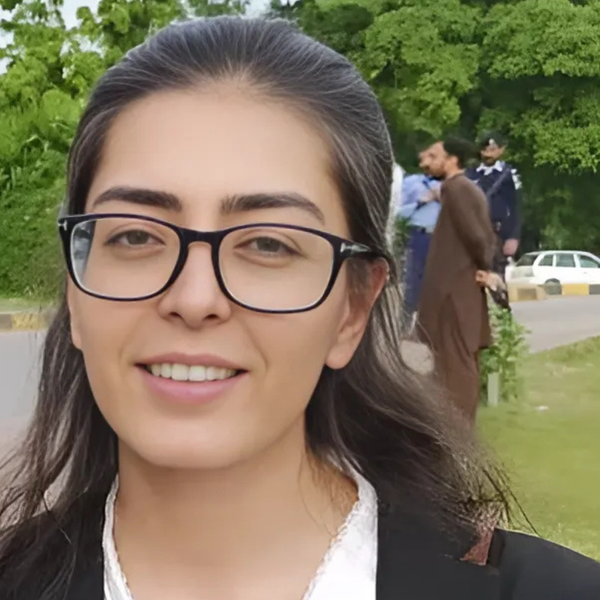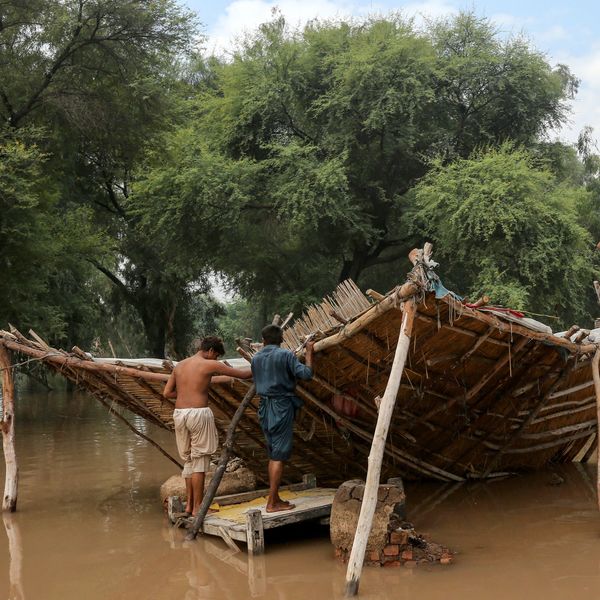News Desk
The News Desk provides timely and factual coverage of national and international events, with an emphasis on accuracy and clarity.

Sheikh Abdullah bin Zayed Al Nahyan, UAE’s Deputy Prime Minister and Minister of Foreign Affairs, held a phone conversation with International Atomic Energy Agency (IAEA) Director-General Rafael Grossi to discuss deepening cooperation between the UAE and the Agency, Emirates News Agency (WAM) reported.
The two officials explored ways to enhance collaboration across key areas such as nuclear safety, security, and the peaceful use of nuclear technology.
Sheikh Abdullah reaffirmed the UAE’s strong support for the IAEA’s role in advancing sustainable development through nuclear energy, while ensuring global adherence to safety standards and non-proliferation commitments.
He also highlighted the UAE’s longstanding partnership with the IAEA, which has been instrumental in the development of the country’s peaceful nuclear program. The Agency’s continued support in regulatory compliance, infrastructure development, and transparent reporting has helped align the UAE’s nuclear activities with the highest international benchmarks.
The call took place amid renewed global focus on nuclear oversight following the escalation of hostilities between Iran and Israel in June 2025. The conflict, which saw cross-border strikes and raised fears of broader regional instability, has prompted the IAEA to intensify its diplomatic efforts and monitoring activities in the region.
Since June 13, when Israel launched military strikes on Iranian nuclear facilities, the IAEA has not been granted access to conduct inspections in Iran. Tehran rejected inspection requests from the UN watchdog, deepening concerns about the country’s nuclear intentions.
Director-General Grossi recently said U.S. airstrikes had likely caused “very significant” damage to underground areas of Iran’s Fordow uranium enrichment plant, which is buried deep within a mountain. The strikes marked the first combat use of the United States’ most powerful conventional bunker-buster bombs, aimed at disabling key Iranian nuclear sites, including Fordow, Natanz, and Isfahan.










Comments
See what people are discussing